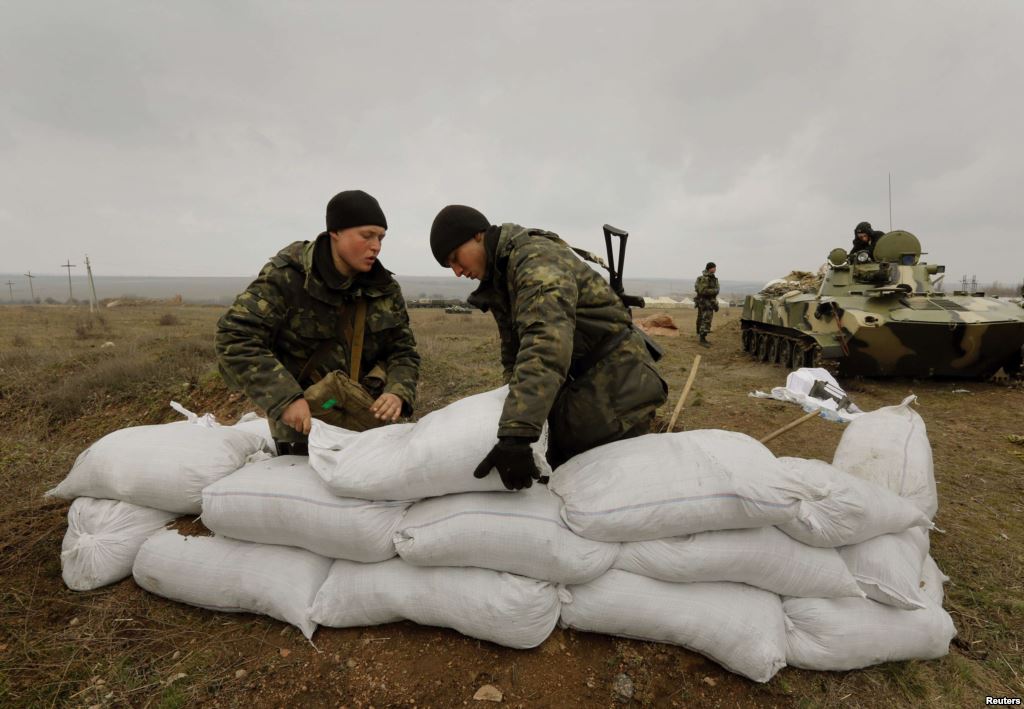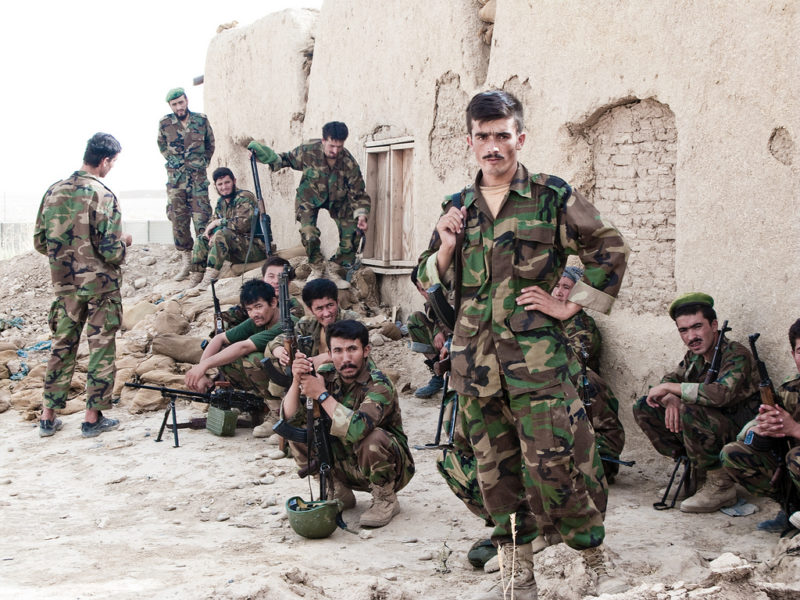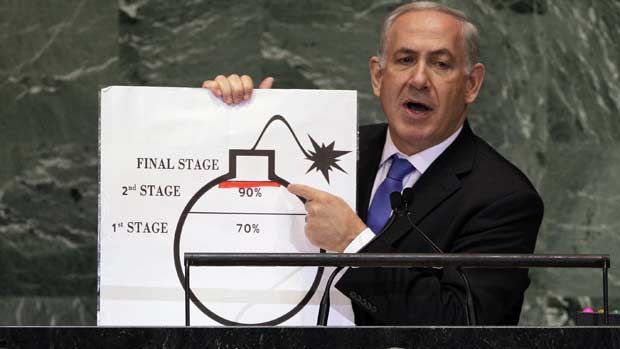
In 1949 NATO was formed to provide collective defense for its members against a clear threat, the Soviet Union. With the dissolution of the USSR in 1992, NATO no longer had a clear enemy and its core mission appeared less relevant. In the last two decades there has been a realignment of NATO’s mission towards fighting global terrorism. This has worked to a point as European involvement in Afghanistan and Iraq proved to be spotty as Europe and the U.S. differed on how they defined threats. With declining military budgets in Europe and battle fatigue from the Americans who have fought two long wars in the Middle East, NATO has been tasked with redefining its purpose and proving its relevance.
On the other hand, in the past few months Russia has been able to use it military, political, and economic power to change internationally recognized borders by annexing Crimea. It has also used a strategy of surprise, deception, and strategic ambiguity to fundamentally destabilize a European county. President Putin has also vowed to protect all Russians abroad, and has proved this by directly and indirectly aiding separatists in eastern Ukraine. Considering Estonia and Latvia (both NATO countries) have large Russian speaking populations these actions by Russia potentially set a dangerous precedent. Whether or not Russia is looking to display similar tactics in these countries, it is clear it has reconstituted itself as a threat to both Europe and the NATO alliance. This has seemed to reinvigorate NATO as their old Cold War rival has reemerged and threatens the peace and security of Europe and the Atlantic.

So far NATO has taken many different actions to ensure the security of its members and tried to diffuse the situation before it escalates any further. The first course of action taken not surprisingly was beefing up its military presence in Eastern Europe. With the latest figures suggesting that around 12,000 Russians have mobilized around the Russia/Ukraine border, NATO has continued to respond with its own military buildup to ensure the safety of its members. Secretary General Anders Rasmussen recently summed this up in an interview saying: “We have enhanced air policing over the three Baltic states, deployed naval vessels to the Baltic Sea and the Black Sea, we have conducted more exercises in Poland and the Baltic States. So, at sea, in the air, on the ground you see more NATO presence. It’s not offensive, it’s purely defensive with the aim to ensure effective protection of our allies.” Moscow on the other hand considers the build up of NATO troops in Europe as part of a hostile policy aimed at putting more military resources close to its borders.
Some within the Alliance are suggesting that NATO should increase its military presence and capabilities in the region further. NATO’s top commander in Europe, U.S. Air Force General Philip Breedlove has suggested that a new base in Poland be built. Poland already has the necessary infrastructure with barracks, an airstrip, and a railhead with links to nearby Baltic Sea ports already in place, not to mention the biggest training area in the region. Breedlove recently told a briefing in Naples that he plans to recommend “having capability in the forward area — preposition supplies, preposition capabilities, and a basing area ready to rapidly accept follow on forces…How we man that in a rotational, or non-permanent, basis is what are we looking at now to propose in NATO, and we will be working on that with the [North Atlantic Council]. It needs to be all of NATO involved in this.”
The other major tool being used by NATO members is increasing multilateral sanctions on Russia to try and put pressure on its economy in an effort to stop it from meddling in Eastern Ukraine. Studies have shown that multilateral sanctions have been on average, more effective than unilateral ones. This seems to be the course of action NATO countries want to take as the EU sealed a deal on July 29 to impose the first broad economic sanctions against Russia. The sanctions will target the Russian defense sector and sensitive technologies, including oil, and will shut state owned Russian banks out of European capital markets. The U.S has already implemented its own economic sanctions on Russia, and Canada has promised to do the same. Considering many European countries have deep economic ties with Russia, some fear that these sanctions will have negative effects on the still fragile and recovering European economies. However, for now it appears that European politicians believe that sending a political message to Moscow is worth the economic cost.
It is still unclear what effect these sanctions, if any, will have on Russia’s actions in eastern Ukraine. It is clear however that Moscow has been able to develop an effective strategy of surprise, deception, and strategic ambiguity to achieve its political goals in Ukraine. This new Russian military model is a destabilizing strategy which has serious implications for the security of Europe and NATO. As Breedlove has suggested NATO now has an opportunity to adapt to Russia’s new strategy by adopting long term changes to its posture and responsiveness. These changes will require a reversal of the declining defense spending trend in Europe to ensure that NATO has a strong and robust air, ground, and maritime force which is able to effectively respond to new 21st century security threats. With the NATO Summit in Wales scheduled for early September, the coming months will be important for the Alliance to establish its new goals and policies going forward. Now is the chance for NATO to prove that it is still the strongest alliance in the world and that it still has the will and the capability to protect the Atlantic from emerging threats.




